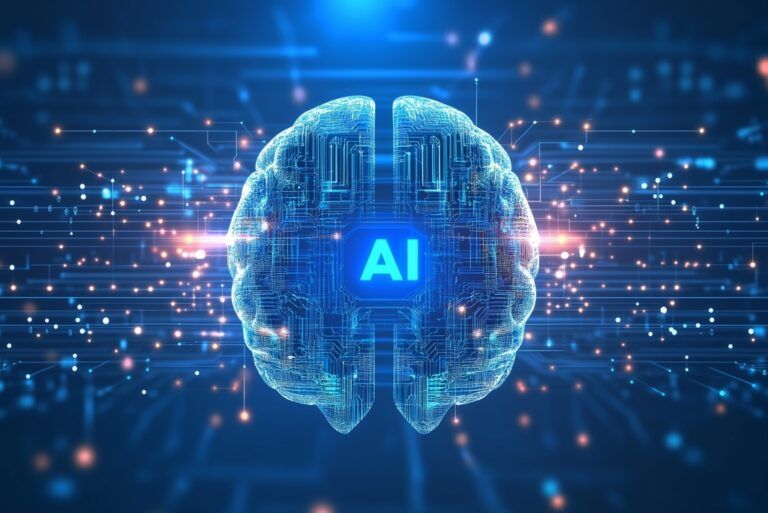
Article
April 3, 2025




Article
April 3, 2025

By Immaculata Chidera Osuji
The legal landscape in Africa is undergoing a profound transformation, driven by the rapid advancement of Artificial Intelligence (AI). This evolution presents both opportunities and challenges for the next generation of lawyers on the continent.
This article focuses on highlighting an opinion on the impact and challenges of this transformation in Africa.
The Impact of AI on African Legal Practices:
AI is streamlining routine legal tasks, such as document review, legal research, and contract analysis, freeing up lawyers to focus on more complex and strategic work. This increased efficiency has the potential to reduce backlogs in court systems and improve access to justice.
AI-powered tools are enabling lawyers in Africa to access and analyze vast amounts of legal data with unprecedented speed and accuracy. This can lead to more informed legal decisions and improved case outcomes.
AI-driven platforms and Chabots are providing basic legal information and guidance to individuals who may not have access to traditional legal services. This is particularly significant in Africa, where many people face barriers to accessing justice.
AI can analyze large datasets of legal information to find patterns and predict potential case outcomes. This can be used in litigation risk assessment and other areas of law.
Challenges and Considerations:
AI algorithms are trained on data, which can reflect existing biases in the legal system. It is crucial to ensure that AI tools are used ethically and do not perpetuate discrimination.
The automation of routine tasks may lead to job displacement for some legal professionals. The next generation of lawyers in Africa must develop new skills, such as data analysis, AI literacy, and legal technology, to remain competitive.
African lawmakers might need to develop robust regulatory frameworks to govern the use of AI in the legal sector. These frameworks should address issues such as data privacy, accountability, and ethical considerations.
Unequal access to technology and reliable internet infrastructure across the continent can create disparities in the adoption of AI-powered legal tools.
The Future of African Law:
The next generation of African lawyers must be adaptable and embrace the opportunities presented by AI.
They must also be mindful of the ethical implications and work to ensure that AI is used to promote justice and equality. It is vital that African legal professionals and policymakers are involved in the development of AI legal tools to ensure that the tools are relevant to African legal systems and that they are not simply importing Western-developed AI that may not work well in an African setting.
In conclusion, AI is poised to revolutionize the legal profession in Africa. By embracing innovation and addressing the associated challenges, the next generation of lawyers can play a crucial role in shaping a more just and equitable future for the continent.
References
Article
April 3, 2025
Kufre Idiok on “The Quaddrenium”
We step inside “The Quaddrenium” as not just a passage of time, developed by our Creative Direct...

Article
April 3, 2025
UMG MAJORITY SHARE INVESTMENT STAKE IN MAVINS
In recent years, the global music industry has witnessed the meteoric rise of Afrobeat...
Article
April 3, 2025
INTERVIEW WITH UMUKORO NYEROVWO
Insights into His Academic Journey to Excellence...